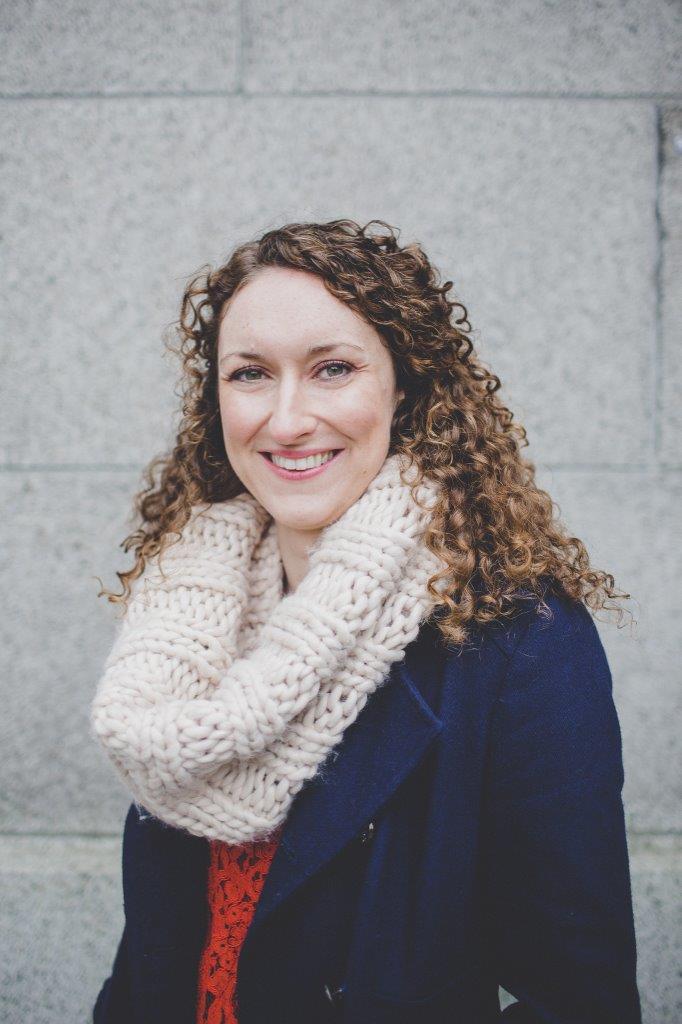
For all students aspiring to study medicine at university, there are many challenges to overcome. In most cases, not only do prospective students need a strong set of GCSE results, a competitive UCAT score, and a sweep of excellent predicted grades, but they also need to have participated in some form of work experience as well. Obviously, the rationale for asking students to complete work experience is valid: medicine is a vocational degree pathway, which leads to a career as a doctor within the NHS, and students need a good understanding of what this career entails before they embark on five or more years of challenging study.
However, for students who come from backgrounds currently under-represented within higher education, securing the necessary work experience can present additional barriers. With GPs surgeries under pressure and long hospital waiting lists, it is not always possible for medical professionals to support all the students who make requests for work experience, and without a family member or friend in the profession, it can be difficult for students to secure placements. As Advisers, we may be asked to support students in this situation and this guide sets out some useful advice and considerations.
Is clinical work experience required at all?
The most obvious work experience to support a medicine application would involve shadowing GPs or other healthcare professionals in their place of work. However, a reassuring message from many medical schools is that clinical or patient-facing work experience or volunteering is not required at all as part of a medicine application. This update to guidance has been made in recent years to ensure that students without personal contacts in the medical sector or those from areas of the country where accessing these opportunities would be challenging are not disadvantaged during the application process. There is guidance from the Medical Schools Council on work experience for prospective students that is useful to review. Do encourage students to consult information from the universities they are interested in applying for to ensure they meet their individual requirements.
Examples of possible work experience
As an alternative to direct clinical experiences, some providers are now offering virtual work experience, meaning more young people have the opportunity to benefit from relevant work experience. For example, UCAS and Springpod have a virtual work experience offering which can support students from under-represented backgrounds in gaining insights into the medical profession.
However, it will not be possible for all students to secure either direct in-person or virtual medical work experience. Therefore, students should consider exploring work experience that gives them an insight into working in caring or supportive roles with a wide range individuals outside of their immediate family and friends, and from various cultural or socioeconomic backgrounds, including those different from their own. This could include working in a care home for older adults or volunteering with vulnerable members of society, including adults with learning difficulties or children with special educational needs. There are also many charities focused on medical issues or chronic conditions where students could support their work by engaging with members of the public. Students may also be able to get involved in research projects or clinical trials related to medical fields, giving them an insight into supporting this important work and also liaising with participants.
Additionally, the benefits of more general customer service work experience should not be overlooked. A huge variety of roles, including working in supermarkets, coffee shops, restaurants and in leisure settings, will all involve communicating with the public, dealing with challenging situations, and solving problems. Students will undoubtedly be developing their communication skills in these roles, and being friendly, personable and calm in challenging circumstances are vital skills for any aspiring doctor.
Tips for students when completing work experience
Rather than seeing work experience as a tick-box exercise, students need to be able to reflect on their experiences in order to best support their medicine application. One key thing for individual students to consider is whether they actually enjoyed the experience they took part in. Indeed, if students do not enjoy delivering personal care, working in busy settings, or spending time with members of the public, it is unlikely they will enjoy all aspects of the medical profession. These students may instead want to consider pursuing a degree allied to medicine or healthcare.
Students should also be encouraged to keep a reflective diary of their work experience – this will help them record what they have learnt and how it has deepened their interest in medicine as well as developing their skills. If a student is fortunate enough to secure an interview, they are likely to be asked to talk about their work experience, so having key examples to discuss in detail is far more useful than listing off several experiences but being unable to reflect on what was learnt in each placement.
Finally, students should be encouraged to start pursuing these different types of work experience as early as possible. Not only will this support their decision making, but it will also reduce pressure and stress as they move through their A-level studies and begin university applications.
Claire Churchill
Deputy Head of Outreach, University of Birmingham
UCAS tools to support your students
Immersive virtual work experiences and taster sessions in the UCAS Hub
Support tools and advice for every step of their journey
A free tool in the adviser portal to connect UK students with outreach opportunities




